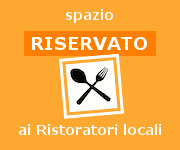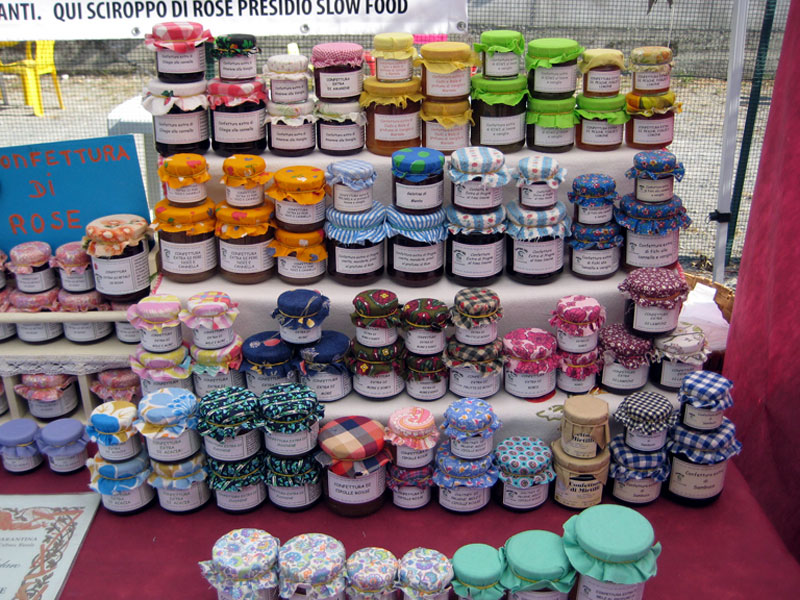Fruit Jam
Production area: All the inland of Liguria.
Curiosities: Jam was born from the need to preserve season fruit and eat it in the periods when it is scarce. At the time of the ancient Romans, products having the same aim already existed: they consisted of whole fruits in passito wine, cooked wine, or honey. In his De Re Rustica, Columella talks about a recipe to preserve pears, apples, and other fruits. Fruits were picked when they were not yet ripe, but not even green. Afterwards, it was checked that they had neither worms nor defects. Then they were put into terracotta pots with passito or cooked wine, in order to completely cover the fruits. He concluded with a piece of advice: "All kind of fruits can be preserved in honey"... a very helpful preparation for the sick.
Product features: Beautiful, colored, sweet spontaneous fruits of the forests, picked and appreciated by man since Prehistory. They can be eaten with lemon and sugar, or transformed into liquors or syrups, jelly and jam. The inland and mountain area of Liguria have always been production areas of spontaneous fruits and many holdings in the Ligurian valleys produce different kinds of jam. It is possible to find them for sale in the local markets or directly in the holdings.
Jam is prepared with: wild bilberries, raspberries, blackberries, strawberries, apricots, plums, cherries, chestnuts, elder, peaches, pears, chocolate apples, oranges, lemons, figs (with can sugar), etc. Moreover, extra jelly is prepared with apples and rosemary, elder, currant, gooseberry, and mint.
Preparation: About 800g sugar are necessary for each kilo of fruit. The fruit is cooked together with the sugar, mixing it until you obtain a jelly. Jam is put into glass jars when it is still hot and is hermetically sealed. Jam usually generates an acid environment and, for this reason, does not need particular thermal treatments, even if it is better to have a bain-marie sterilization. Sterilized jars are preserved in a cool and dark place.
Unlike jam, jelly is obtained from the juice, and not from the pulp.







